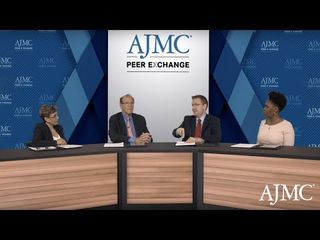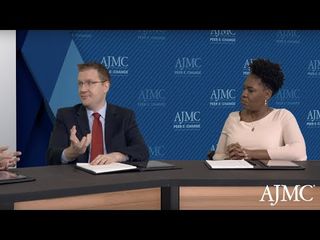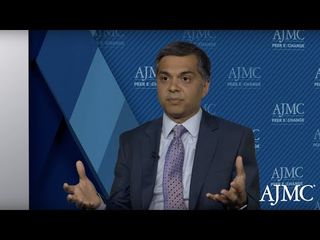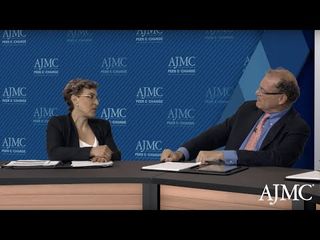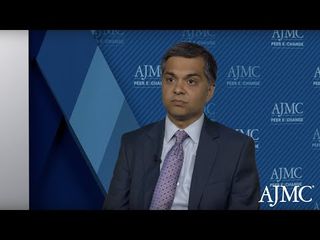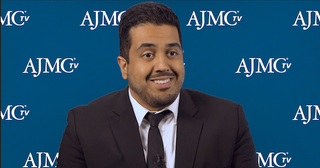
Rare Disease
Latest News

Latest Videos

CME Content
More News

A new review article outlines the latest research and results into programmed cell death-1/programmed cell death ligand-1 (PD-1/PD-L1) inhibitors for the treatment of myelodysplastic syndromes (MDS) and acute myeloid leukemia (AML).

Investigators sought to show how individual cases could be clarified through the use of flow cytometry analysis.

The economic burden of rare diseases based on direct, indirect, and mortality-related costs is 10 times greater than the burden for mass market diseases, such as diabetes and cardiovascular disease, and this burden increases when no treatment is available.

The prior authorization process is a hurdle to getting care for individuals with rare diseases and limited options, according to a rheumatologist and a patient interviewed just before Rare Disease Day.

A recent case report described the successful treatment of 2 young infants with PIK3CA-related overgrowth spectrum using the breast cancer drug alpelisib.

Patients with histories of inflammatory bowel disease and systemic lupus erythematosus were also at elevated risks of myelodysplastic syndromes (MDS), the authors found.
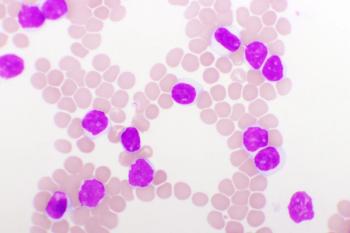
Myelodysplastic syndrome has a variety of clinical presentations, including bone marrow fibrosis. Previously, the presence of fibrosis has not been considered in disease risk scoring in MDS, but recent research suggests it may be a valuable risk factor.

An update to the ERNEST study found a survival benefit in ruxolitinib for the treatment of myelofibrosis in both the first and second line vs hydroxyurea.

The model identified risk factors after 6 months of treatment for the purposes of predicting overall survival and identifying which patients could benefit from a shift in treatment.

The drug will be marketed by Sanofi under the name Enjaymo; it is the first treatment approved for cold agglutinin disease.
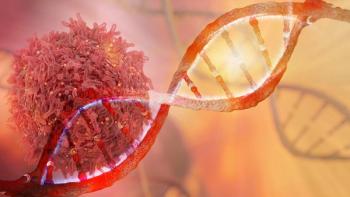

Survival rates for patients with blast-phase chronic myeloid leukemia (BP-CML) are notoriously poor, necessitating effective treatments to fill the care gap for this group who often survive less than 1 year.
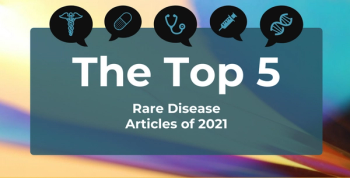
The top 5 most-read rare disease articles of 2021 on AJMC.com highlighted research on medications, therapies, and diagnosing tools to treat myelofibrosis, hemophilia B, chronic graft-vs-host disease, necrotizing myopathy, and myeloproliferative neoplasms.

As the pandemic wore on, fewer patients with sickle cell disease who did contract COVID-19 needed to be hospitalized.

The oral polymerization inhibitor, a first-in-class therapy for sickle cell disease, was first approved by the FDA for adults and pediatric patients 12 years of age and older in 2019.

In a recent case report, researchers outlined the case of a patients with shellfish allergy–induced overlap chronic graft versus host disease (ocGVHD)—a case of GVHD that has components of both acute and chronic GVHD.

Despite the increase in relapse risk, 2-year survival for patients with graft-versus-host disease (GVHD) who received matched sibling donor (MSD) allogeneic hematopoietic cell transplant (allo-HCT) administered post-transplant cyclophosphamide remained similar compared with patients receiving cyclosporine A with methotrexate prophylactically.

Fifty-one therapies have been approved for rare neurological diseases since the FDA passed the Orphan Drug Act in 1983.

According to the researchers, the case study suggests that better results are achieved when using cytoreductive treatment and low-dose aspirin.
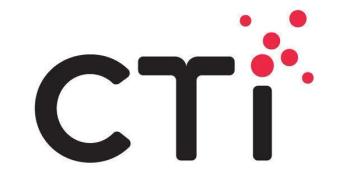
CTI BioPharma's New Drug Application had previously been granted Priority Review. The PDUFA date was November 30.

The data set included 177 samples from polycythemia vera, essential thrombocytopenia, primary myelofibrosis, and healthy donors, from which the researchers found that MAPK14 was overexpressed in PV samples and was associated with more symptoms and worse outcomes.

The findings showed that between 2009 to 2016, 76% of the 122 patients included in the study were on sick leave a year following their allogeneic hematopoietic stem cell transplantation (allo-HSCT).

According to the study authors, a growing number of findings from preclinical studies have suggested a focus on immunometabolism to modulate alloreactive donor T cell responses to control graft-versus-host disease (GVHD) and promote graft-versus-tumor effect.

To date, just 3 previous reports have detailed cases of mitochondrial malate dehydrogenase deficiency (MDH2D), and there are no known cures.

The authors backed plans for the United Kingdom to establish a national diagnostic program based on whole genome sequencing (WGS) to speed the time to diagnosis.






